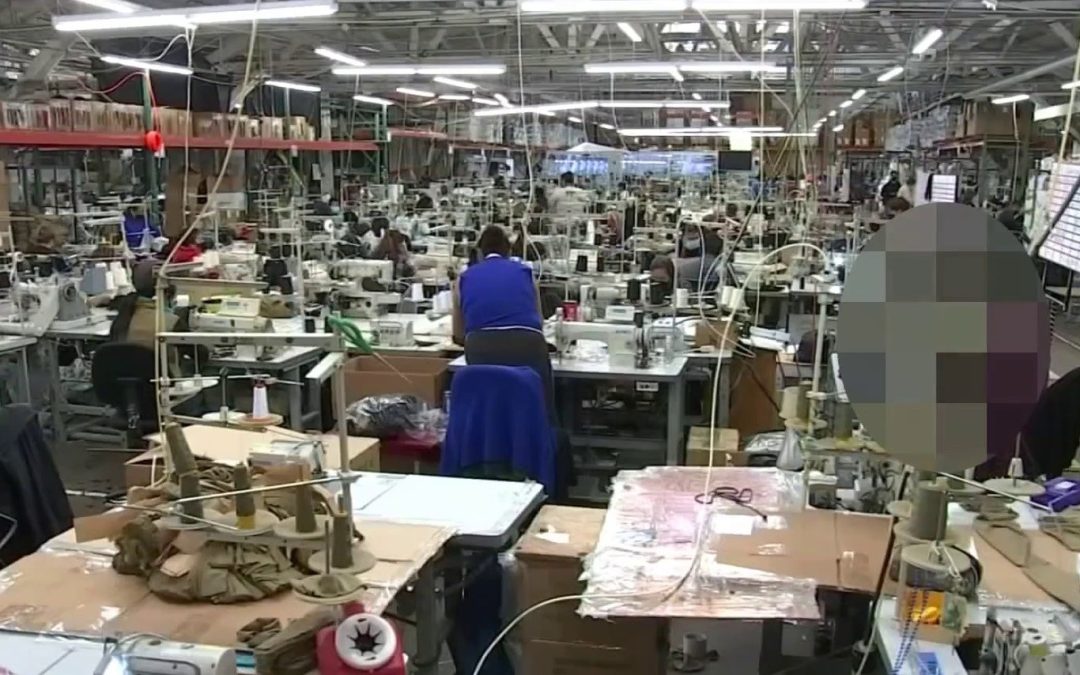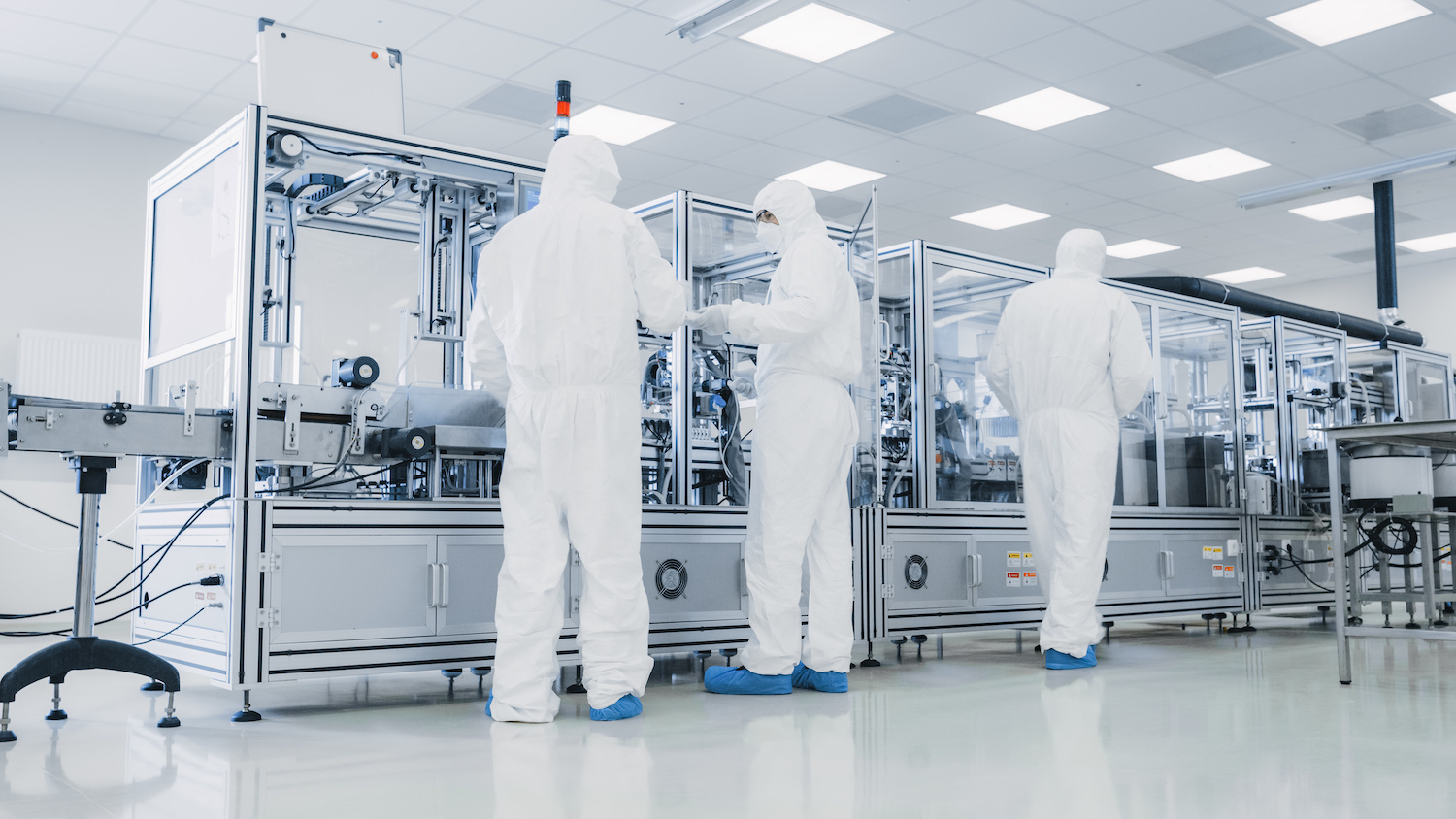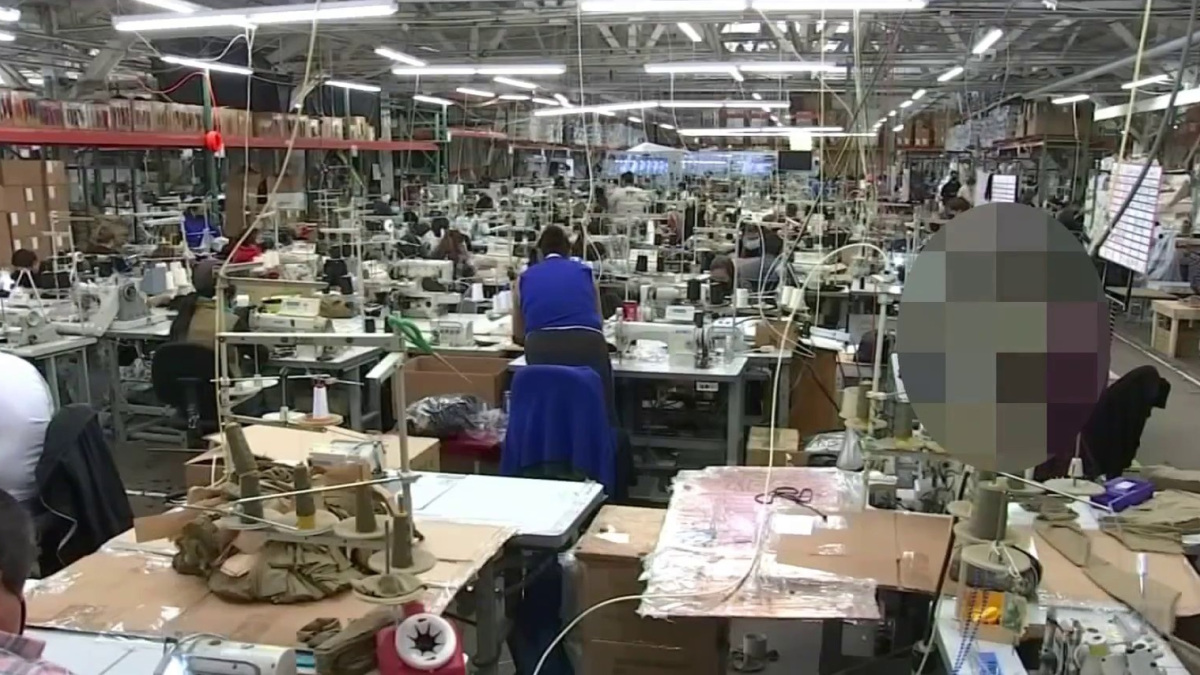The coronavirus pandemic has forced many companies to partially close or suspend operations entirely. These shutdowns are not limited to restaurants and bars, despite their increased risk and publicity. Self-enforced, as well as government-mandated shutdowns, can force any business to close. No business is immune, as a large outbreak or even a few positive test results could lead to a coronavirus-related business closure.
What Causes a Company to Close?
There are three common types of shutdowns related to the coronavirus: health department shut-downs, union-driven closures, and self-enforced closures. The first type of shutdown is a health department closure. This type of closure is often the most damaging and high-profile. Plus, it can lead to weeks of lost productivity. For example, the Los Angeles Department of Public Health ordered the Los Angeles Apparel factory to close on June 27 after they found the company violated public health measures, including failing to ensure social distancing and neglecting to provide adequate physical barriers between employees. This inaction contributed to 300 positive coronavirus cases and four employee deaths. The factory must remain closed until the company submits a written Coronavirus preparedness plan and receives approval from the Department of Public Health. While these shutdowns are uncommon, they cause a substantial impact on production.
Employees or unions can also drive shutdowns, usually when workers feel misled about the number of cases in the workplace or feel their employers are not valuing their safety. For instance, in tandem with LA Health Department Investigation, the Garment Workers Center, a workers’ advocacy group, also publicized the unsafe working conditions. Employee-driven measures have also been prominent in the film industry. On June 15th, SAG-AFTRA issued a “do not work” order for a specific production. The union alleged that the producers were not following LA County and SAG-AFTRA guidelines for the Coronavirus.
Finally, the most common type of closure is a self-regulated closure. For instance, in the automobile manufacturing industry, Ford, General Motors, Honda, Fiat, and Nissan, among many others, shut down their production lines the week of May 18, with closures ranging from a few days to a few weeks. Reasons for closing differed, but many manufacturers cited health concerns, the need for deep cleaning, and positive coronavirus test results. Self-enforced closures were also common in the food industry, especially in the meat processing sector. Closures could occur when one employee tested positive, such as at Borden Dairy on May 25, or after 669 workers tested positive, which occurred at the Tyson Foods plant in Dakota City, Nebraska. These self-enforced shutdowns may represent the tip of the iceberg, as there could be many more shutdowns that were not publicized. If companies do not self-enforce, they may risk the development of new infections as well as greater damage to productivity and reputation.
What are the Consequences of a Coronavirus Business Closure?
The consequences of shutting down production are profound. The company must halt days of production, often while keeping workers on the payroll. Employers must also deep clean the facility, and develop new procedures to protect workers and prevent future outbreaks. Additionally, an unproductive workforce and inactive machinery lead to a deviation from the company’s normal operating capacity.
Conclusions
A coronavirus outbreak can occur at any company – large or small. Company executives need to be proactive and come up with a contingency plan in advance of a worker getting sick. There may be a future conflict between staying open and valuing public health. Closing may become politicized, thus putting companies into a difficult position as they navigate potential options. Companies operating in multiple states may find that some of their facilities close as others stay open, furthering minimizing production capacity. But, planning ahead and ensuring workers are protected mitigates some of the cost of future closures.
A company with aggressive social distance monitoring and contact tracing capacity can mitigate the spread of the coronavirus. It can ensure that exposed workers and their close contacts are quarantined, thus protecting workers’ health while preventing a complete factory shutdown. In addition, regulatory compliance agencies will recognize that the company has the processes in place to manage an outbreak effectively. Therefore, proactive companies can avoid a government-sanctioned closure. As the pandemic continues to progress, companies must protect workers’ safety in order to continue production.
Know more about our solution Read More






